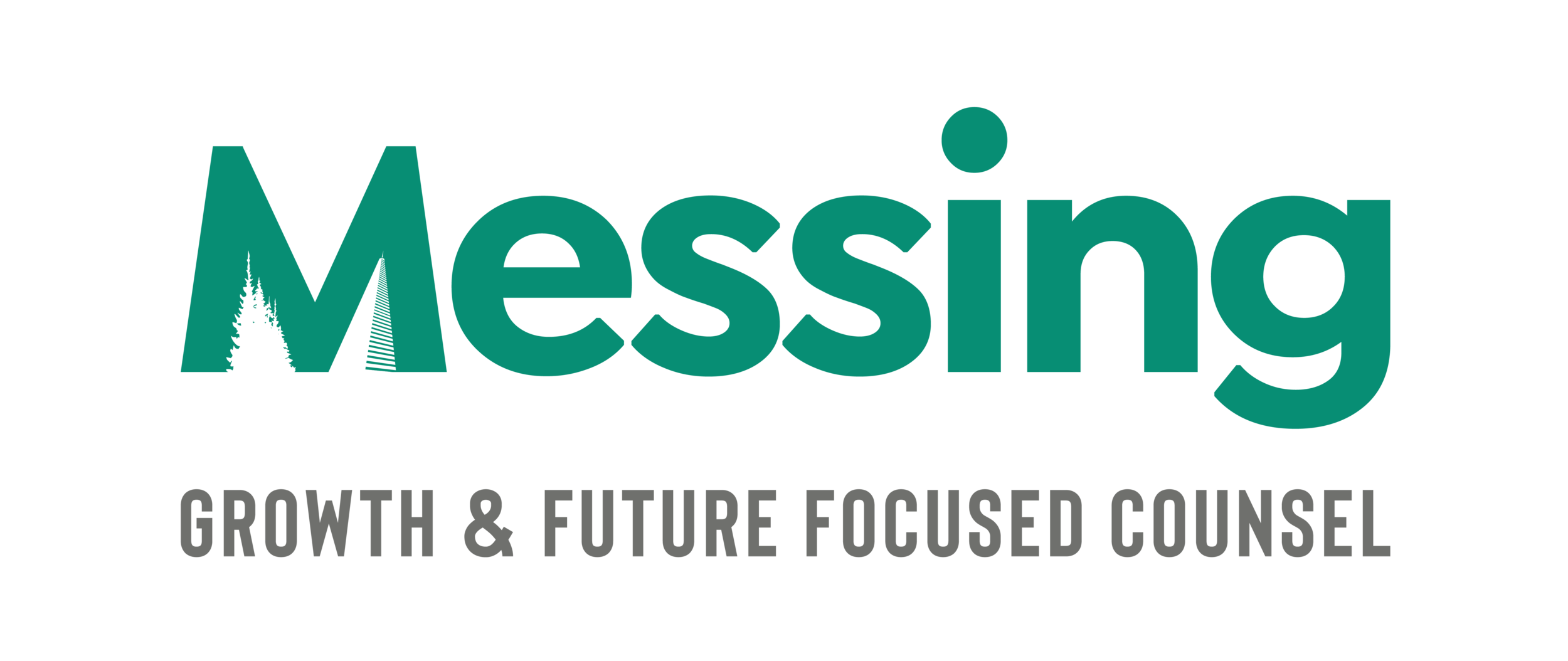Latest amendment to the state's paid family leave law expands the existing paid leave rights of New York employees to include care for biological, step, and half siblings with serious health conditions and becomes effective January 1, 2023.
Read MoreNew York Governor Kathy Hochul signed into law two bills that address robocall issues. The first requires voice service providers to block certain numbers that are most likely to be illegitimate, as they are coming from numbers that do not or cannot make outgoing calls. The second requires voice service providers to implement the STIR/SHAKEN protocols to validate that calls are actually coming from the numbers displayed on the Caller ID.
Read MoreNew York State will require private employers to notify employees when electronically monitoring their telephones, emails, and internet access and usage.
Read MoreOn August 16, 2021, the US District Court for the Eastern District of New York held that a website without a public-facing, physical retail operation is a not a "place of public accommodation" as contemplated by Title III of the Americans With Disabilities Act of 1990 (ADA)
Read MoreOn October 13, 2021, the Federal Trade Commission (FTC) sent warning letters to more than 700 companies recommending that they review their endorsement and review practices to ensure they comply with the law.
Read MoreNew California laws will ban selling and buying illicitly obtained data, regulate the data practices of direct-to-consumer genetic testing companies, and amend the California Consumer Privacy Act (CCPA), California Privacy Rights Act (CPRA), Confidentiality of Medical Information Act (CMIA), and data breach notification laws.
Read MoreThe Department of Health and Human Services (HHS) has issued Q&A guidance addressing how requirements under the Privacy Rule of the Health Insurance Portability and Accountability of 1996 (HIPAA) apply regarding vaccinations for COVID-19 (the disease that results from SARS-CoV-2). Among other topics, the guidance addresses the ability of HIPAA covered entities and business associates to require employees to disclose whether they have received COVID-19 vaccines.
Read MorePreviously, New York had protection against unwanted robocalls, but texting was exempted.
Read MoreThe TDPA requires the owners of Class A multifamily dwellings with smart access systems to protect the personal information of occupants by providing tenants with a privacy policy, limiting the right to collect and retain data from smart access systems and from tenants' usage of utilities and internet services, and creating a private right of action for violations.
Read MoreThe provisions allowing personal posession and use of marijuana take effect immediately. The law allows for retail adult-use sale as soon as April 1, 2022, but the rulemaking and licensing process may further delay the start of business.
Read MoreThe enactment of three new statutes creates a framework for a legal recreational marijuana industry and adjusts criminal law to allow for adult possession and use. The state already has a longstanding medical marijuana program.
Read MoreExisting single-occupancy bathrooms must remove any signage designating the bathroom as “male” or “female” and replace it with signage indicating it is open to people of all genders.
Read MoreThe new law amends New York's existing right of publicity protections to add a post-mortem right of publicity. This allows a decedent's successor-in-interest to bring an action to protect against commercial exploitation or unauthorized use of the decedent's publicity rights.
Read MoreVermont and California have annual registration requirements for data brokers. Today is the filing deadline for both states.
Read MoreThe termination of employees requires careful consideration of business and legal issues. Planning for termination decisions helps employers justify their decision and defend against potential litigation.
Read MoreThe recruitment and hiring of new employees requires careful consideration of business and legal issues. Recruiting and interviewing can expose employers to potentially significant legal liability, and it is important to ensure that interviewers are aware of what questions or decisions are inappropriate or discriminatory.
Read More